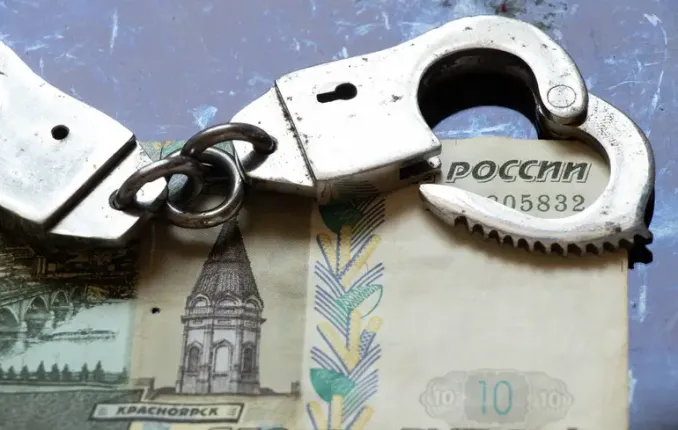European Union plans to intensify mobilization of frozen Russian assets to fund reparations for Ukraine

Amid escalating economic and political tensions, the European Union is exploring new financial mechanisms to support Ukraine’s ongoing resistance against aggression.
A key component of these efforts involves leveraging frozen assets of the Russian Federation to finance reparations owed to Ukraine.
According to information obtained by Politico, the EU is considering the possibility of mobilizing even more funds — amounts exceeding 140 billion euros — stored in frozen Russian assets, notably within Belgium’s Euroclear depository and private bank accounts across Europe.
This approach opens new horizons for financial backing of Kyiv, as EU officials emphasize the need for further legal and financial assessment before formalizing such measures.
The initiative is expected to be part of broad discussions ahead of the upcoming EU summit in Brussels, where leaders will deliberate on principles and conditions for the mechanism, with the European Commission preparing a proposal as the foundation for future negotiations.
Additionally, key guarantees and risk-sharing principles are being outlined, addressing concerns raised by Belgium, which fears legal challenges by Russia aimed at revoking these measures.
Legislation and structural guarantees are being formulated to ensure a reliable system, including bilateral guarantees among EU member states, to prevent non-fulfillment of financial commitments.
Starting from 2028, the EU’s next seven-year budget will incorporate reserves designed to secure its obligations toward Euroclear.
Funds generated will be allocated to develop Ukraine’s defense and industrial sectors, facilitate integration into European defense industries, and support the national budget—subject to compliance with specific conditions.
These steps are part of the EU’s strategic course to strengthen financial and defense support for Ukraine amid turbulent geopolitical developments.

